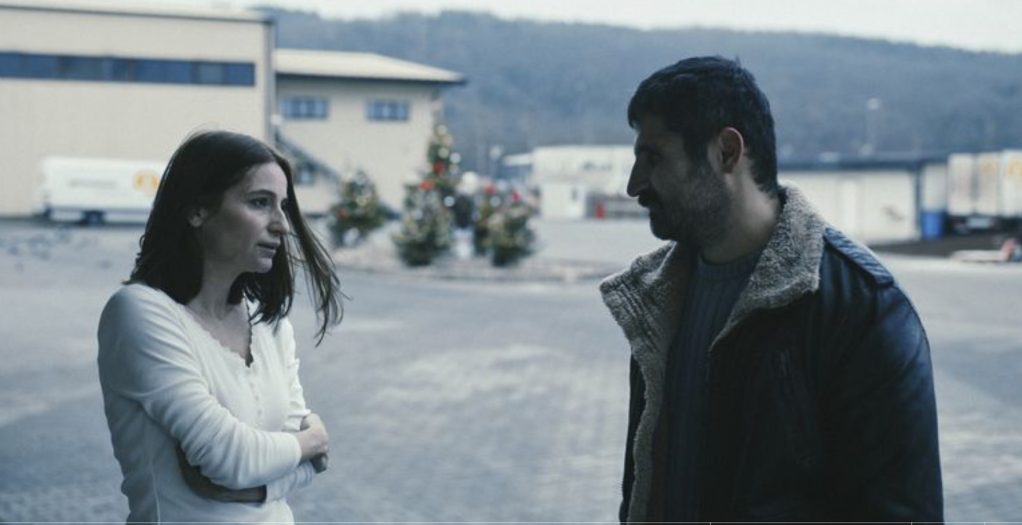
Editors note: This review originally published May 22, 2022 after the film premiered at the Cannes Film Festival. It opens in theaters Friday.
Longtime Cannes Film Festival favorite Cristian Mungiu has returned to the competition once again with a potent look at multi-ethnic strains and divides in a small Transylvanian town in R.M.N. As ever, the writer-director works intimately and close to the ground with his handful of characters who struggle to keep themselves and their barely-getting-by community afloat in changing times. It’s a kind of close-up-and-personal look at contemporary issues in an area not often dramatized or in the news, which adds to the film’s fresh and urgent feel.
Mungiu signals at the outset that things are not right in town through the character of a young boy, Rudi, who has stopped speaking and seems afraid of everything. Things scarcely improve when the boy’s tough father Matthias (Marin Grigore) returns from working elsewhere, brutishly throws his weight around and making life more difficult for the fearful lad and the latter’s mother, Ana, than it already was.
The women in the tiny town would seem to represent its best hope, led by Csilla (Judith State), a resourceful, can-do type who used to be Matthias’ lover. A nagging problem with the film is that Matthias is a one-dimensional reactionary jerk seemingly more attached to his gun than to any of his intimates; he stalks around everywhere with a rifle and a bad attitude, likes to intimidate, gravitates toward threats and violence, and effectively makes any situation more unpleasant than it already was.
The little community’s true nature is revealed when Csilla, who runs a small food factory, hires a couple of dark-skinned immigrants from Sri Lanka to work in menial positions. The general complaint is that things are bad enough without outsiders turning up to take their jobs, but the racism at the core of the villagers’ attitudes is unmistakable, and it’s not too much of a jump to connect what’s happening here to Germany in the 1930s.
It might all seem hopeless were it not for Csilla, a no-nonsense dynamo with a fine soul and boundless energy who more or less shows everyone else how it ought to be done. She would no doubt succeed anywhere she went, but she’s committed to keeping her town on the map, bringing it into the modern world and making a go of things if at all possible.
But the reactionaries won’t have it, especially after they find out that the imported workers are handling their baked goods.
This is the last straw, and it precipitates a town meeting that is, to put it mildly, quite raucous and revealing of deep, centuries-old prejudices on the part of the locals, particularly the older ones. Curiously, however, Mungiu shoots this climactic scene from one stationary position that allows only a partial view of the large, jam-packed room, which oddly reduces the emotional impact of the scene. Didn’t he have enough extras to fill the hall? The scene could have been much more dynamic with some cutting and takes of the many people possessed of their own heated emotions and points of view.
This is a welcome, rational, but still hot-headed picture about aspects of European politics and prejudices not so often heard about, at least in the United States. The fresh, front-line perspectives about life in towns like this are provocative and keenly welcome, even as the film still possesses the calm, observant feel of all the director’s previous work. On top of that, Judith State is a very strong center who provides both the dramatic and emotional pivot for this fine and unexpected contemporary drama.
Title: R.M.N.
Distributor: IFC Films
Release date: April 28, 2023
Director-screenwriter: Cristian Mungiu
Cast: Marin Grigore, Judith State, Macrina Bârlădeanu, Orsolya Moldován
Running time: 2 hr 8 min














